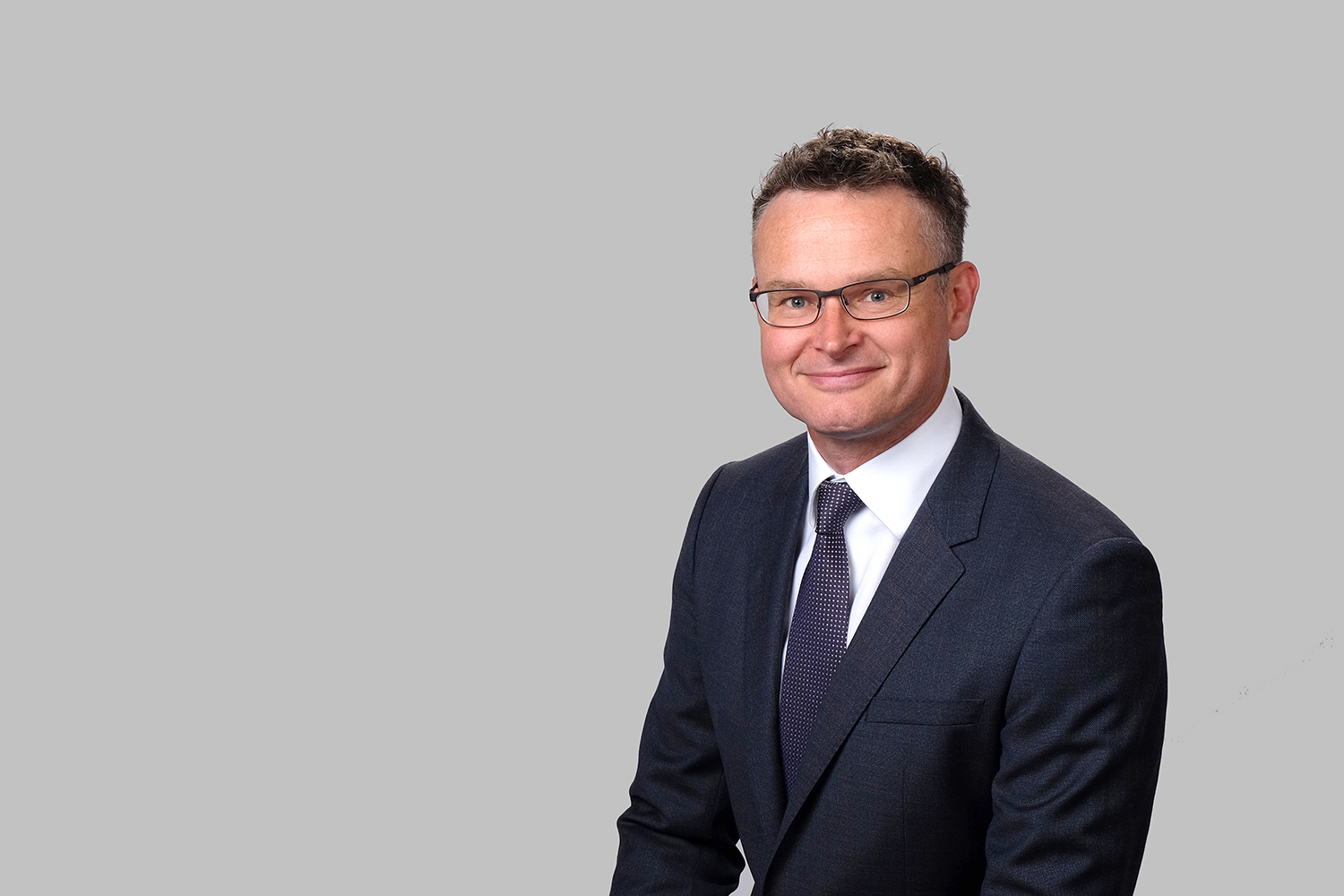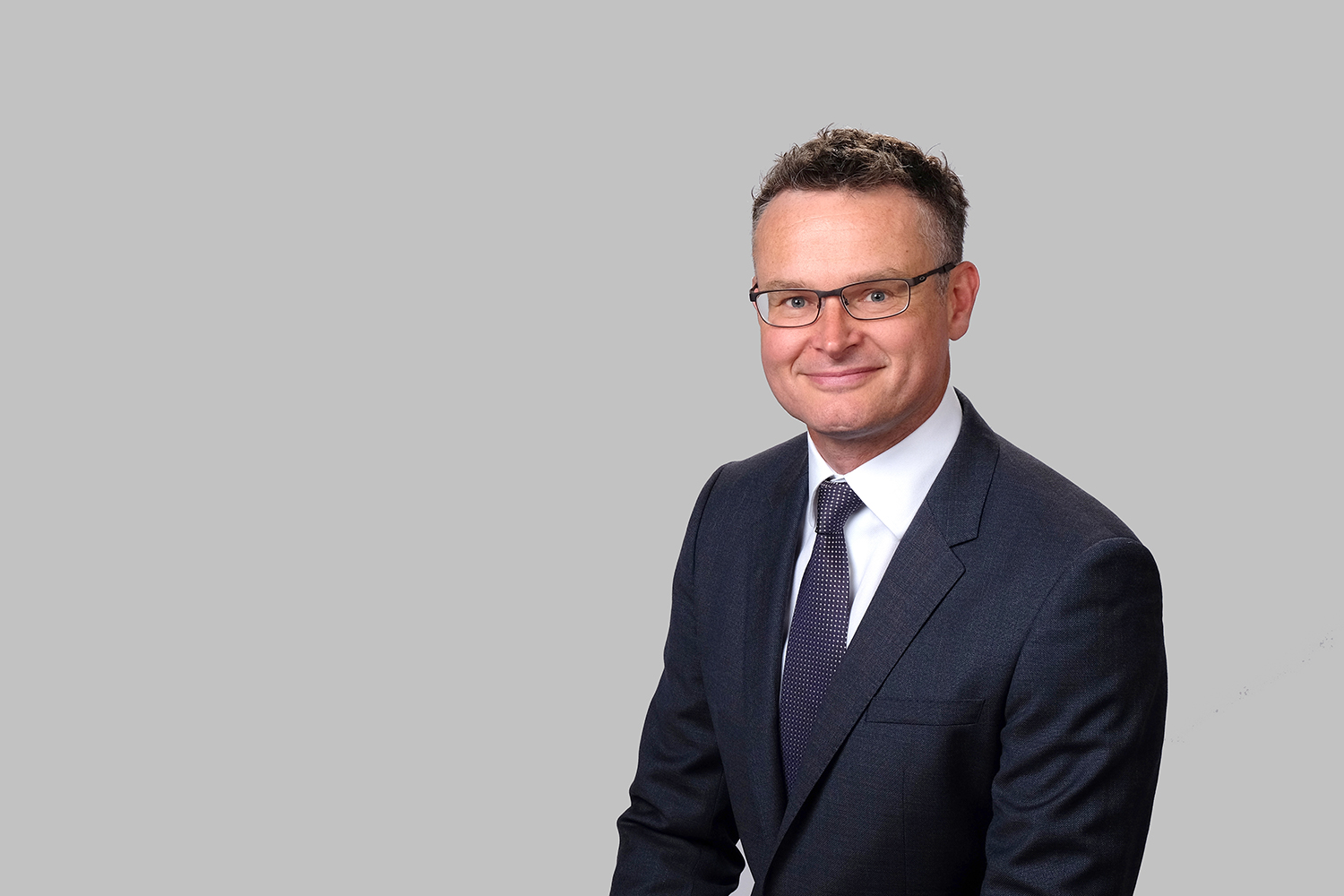
Tim Clipstone
Partner | Legal
British Virgin Islands, Guernsey

Tim Clipstone
Partner
British Virgin Islands, Guernsey
No Content Set
Exception:
Website.Models.ViewModels.Components.General.Banners.BannerComponentVm
How is finance being applied to help save species and ecosystems on the edge of extinction?
Experts in conservation and sustainable investment met to consider the issues at 'Where Wall Street meets wildlife', a conservation finance debate hosted by Ogier partner Tim Clipstone at We Are Guernsey's 2022 Sustainable Finance Week with a panel sharing insights from the perspective of an NGO, a social enterprise, a nature bank and an asset manager.
You can watch the full 90-minute webinar Where Wall Street meets wildlife and read a summary of the key points raised below.
"Conservation finance is not a new idea, and over the years many mechanisms have been developed and tested. We brought this panel together to help unpack how different forms of capital are being applied to solve some of the most pressing biodiversity challenges today," said Tim.
"Scaling up of conservation finance poses significant challenges, for both the conservation project and the financing side, but also represents a major private sector investment opportunity. There is a significant unmet demand for the funding of conservation programmes to preserve ecosystems at a global scale, it was a pleasure to hear how some of these organisations are looking to tackle that challenge, and we are grateful to our guest speakers for joining us on this panel on conservation finance."
There have been positive developments in conservation finance, with the European Council very recently approving the conclusions in view of the conference of parties for the United Nations Convention on Biological Diversity (COP 15), the Cartagena Protocol (COP-MOP 10) and the Nagoya Protocol (COP-MOP 4), to be held in Montreal in December. The conclusions will serve as the EU’s general negotiating position in the meetings. The Council's conclusions call for the adoption of an ambitious, comprehensive and transformative post-2020 global biodiversity framework that includes long-term 2050 goals, 2030 intermediate outcomes and action-oriented 2030 targets that effectively and simultaneously address the direct and indirect drivers of biodiversity loss.
Here are some key takeaways from the webinar.
It is inconceivable that biodiversity will be less important in the future than it is today
Risk and uncertainty are key considerations in finance. With biodiversity, there is plenty of talk around uncertainty, which can be hard to manage. Jeff Bezos, founder of Amazon, talks about a 10-year model. When people ask him how things will look in 20 years, he says the more interesting consideration is what will not change. Even if we are uncertain how biodiversity will manifest itself in financial markets in 10 years' time, we can use it to futureproof investments .
First movers that consider sustainable supply chains, circularity and biodiversity in their business plans, will reap the benefits
More investors are looking for biodiversity investment opportunities that are "nature positive" as well as "net zero". The world will pivot from a net-zero narrative to a nature-positive narrative. For instance, there is a great opportunity in the agri-food sector to invest in regenerative and restorative approaches.
We need to think systemically and have a diversity of thought and experience to tackle this challenge - don't assume the current system is right.
We need skills and solutions to reverse biodiversity loss through conservation finance, and redefine how we think about money laundering to consider environmental crime, because there is currently more money working against the enterprises doing good, such as illegal logging and wildlife trade. We need incentives for structures that achieve nature positive impact as there are suggestions that current accounting systems penalise progress towards sustainability goals.
We need to leverage the power of capital to solve these challenges
A lack of a consistent matrix makes it hard to incorporate biodiversity risks into investment decisions. This requires a regulatory solution similar to that of the Task Force on Climate-Related Financial Disclosures to incorporate climate risks into investment decision making. Such work is now undertaken by the Taskforce on Nature-related Financial Disclosures (TNFD) and will be the focus of the upcoming United Nations (UN) Biodiversity Conference in December 2022.The UN has set 21 action targets for 2030 in order to preserve biodiversity. Therefore, biodiversity is likely to become the key focus for policy makers in 2023, bringing TNFD into the spotlight.
Investors must understand that nature takes its own pace to develop commodities
Nature positive investment opportunities are not a quick fix. Forests, for example, take longer to grow and there is no shortcut. More investors are understanding these challenges. While investors want to provide impact, they must think about the trade-off in the longer term. We must evolve how we evaluate long-term investment, alongside the current system of metrics and frameworks, rather than always seeking short or medium returns.
Watch the full panel discussion, Where Wall Street meets wildlife. Find out more about Ogier's ESG and sustainable investment services.
Tim Clipstone was joined by:
Dr Ying Ying Liu - founder and executive director of LumiVoce
Nicholas Hill - co-founder and CEO at Coast 4C
Fabian Huwyler – founding partner at Posaidon Capital
Iain Henderson - managing director, Sustainable Finance, at ADM Capital

Tim Clipstone
Partner | Legal
British Virgin Islands, Guernsey

Tim Clipstone
Partner
British Virgin Islands, Guernsey

Kate Hodson 凯特·赫臣
Partner and Head of ESG (Legal) 合伙人 | Legal
Hong Kong

Kate Hodson 凯特·赫臣
Partner and Head of ESG (Legal) 合伙人
Hong Kong
Ogier is a professional services firm with the knowledge and expertise to handle the most demanding and complex transactions and provide expert, efficient and cost-effective services to all our clients. We regularly win awards for the quality of our client service, our work and our people.
This client briefing has been prepared for clients and professional associates of Ogier. The information and expressions of opinion which it contains are not intended to be a comprehensive study or to provide legal advice and should not be treated as a substitute for specific advice concerning individual situations.
Regulatory information can be found under Legal Notice
Sign up to receive updates and newsletters from us.
Sign up
No Content Set
Exception:
Website.Models.ViewModels.Blocks.SiteBlocks.CookiePolicySiteBlockVm